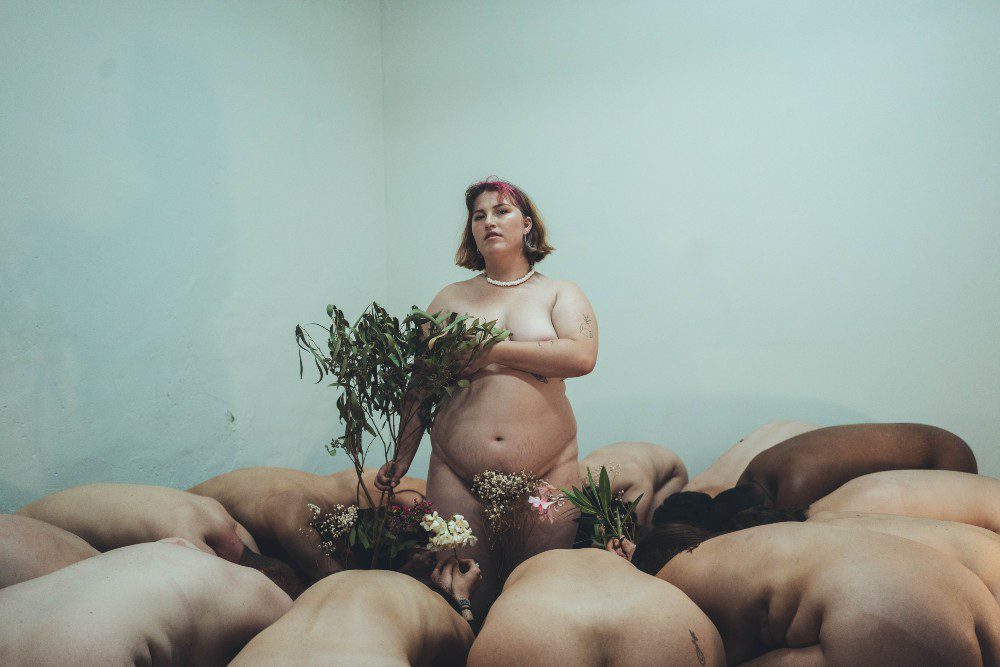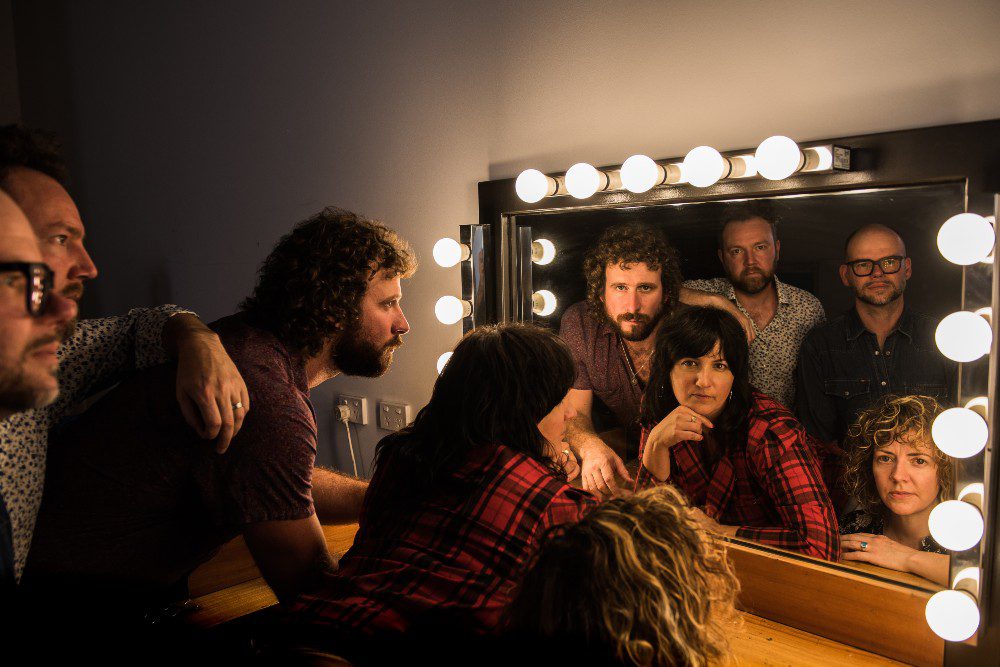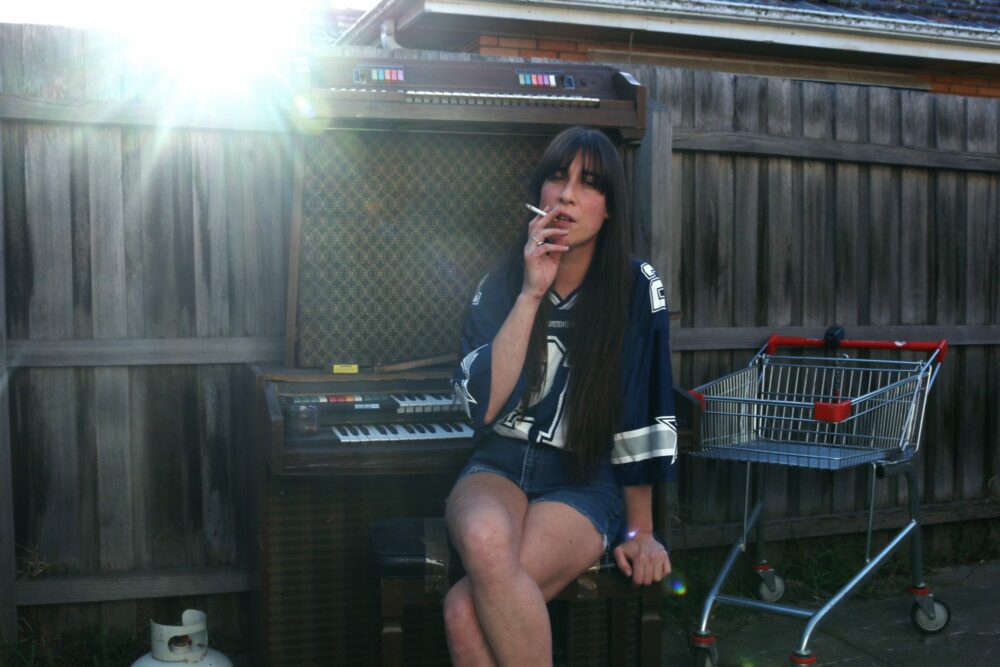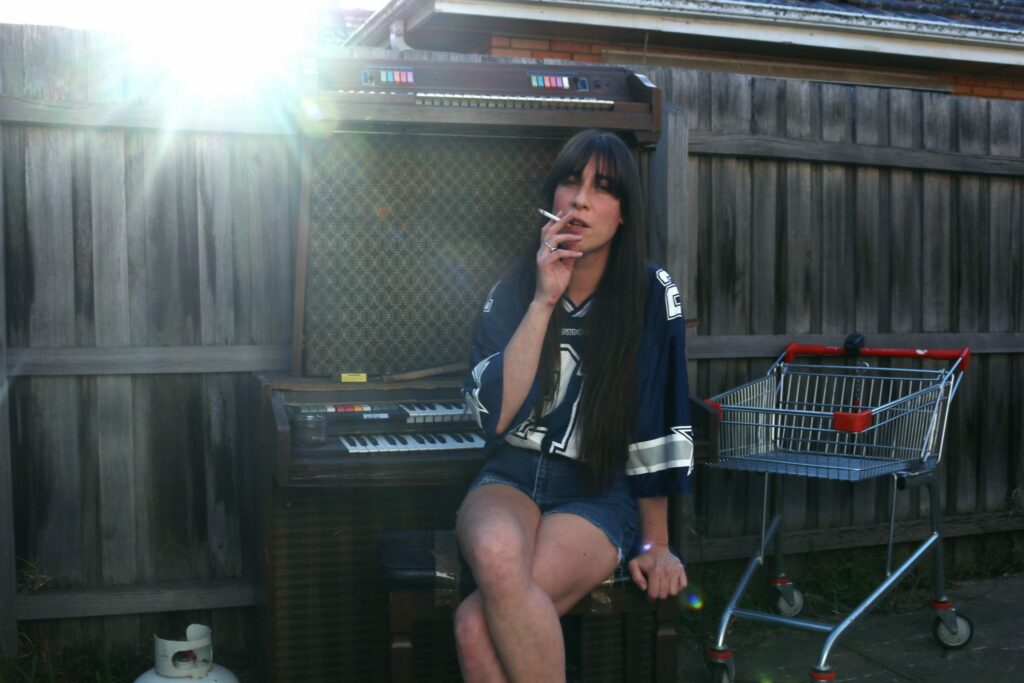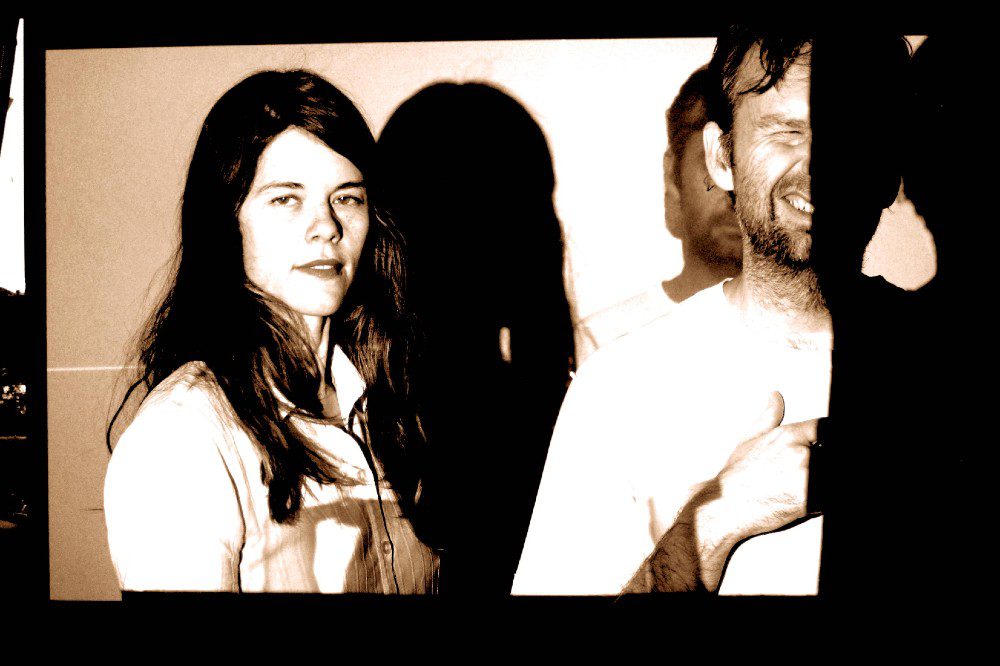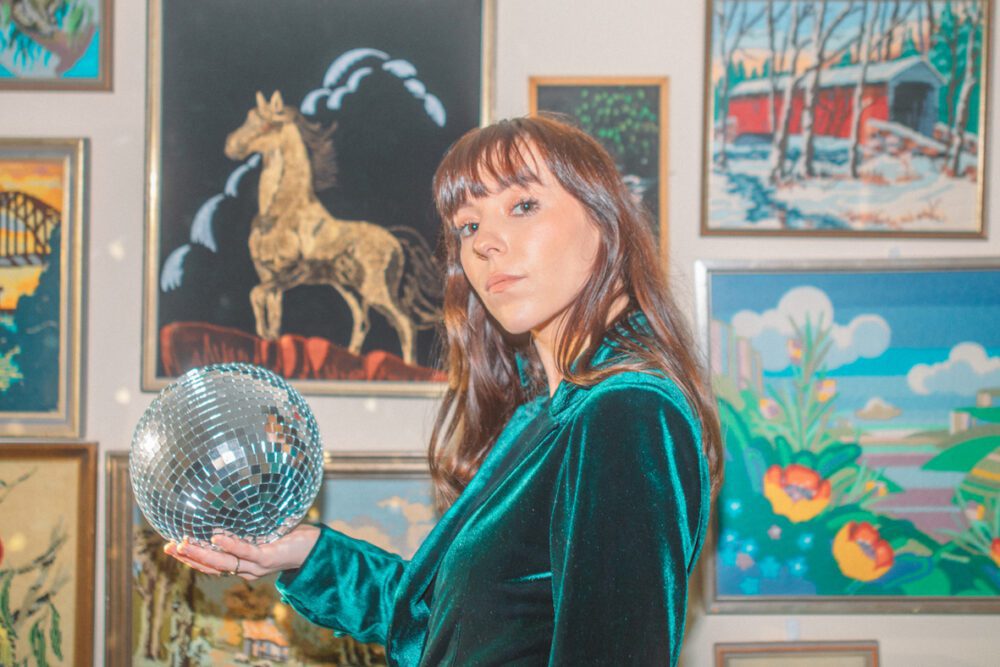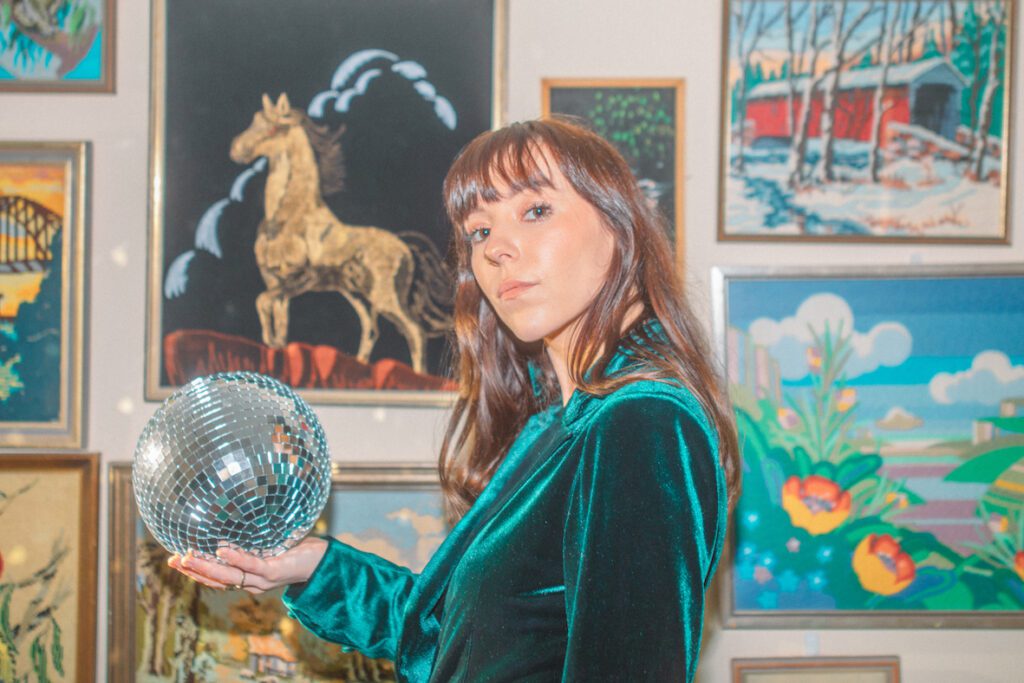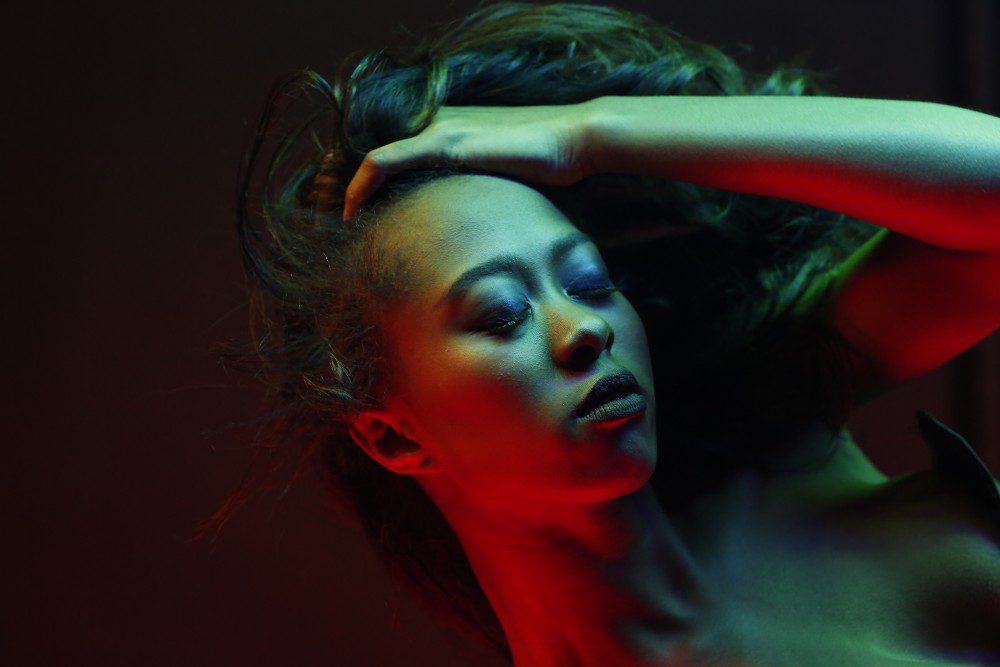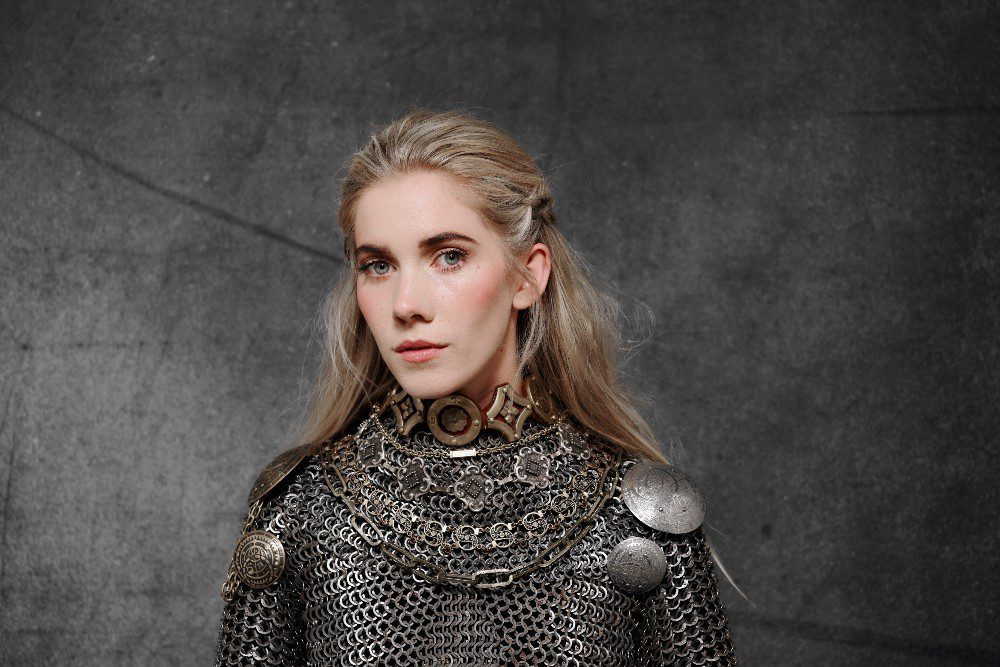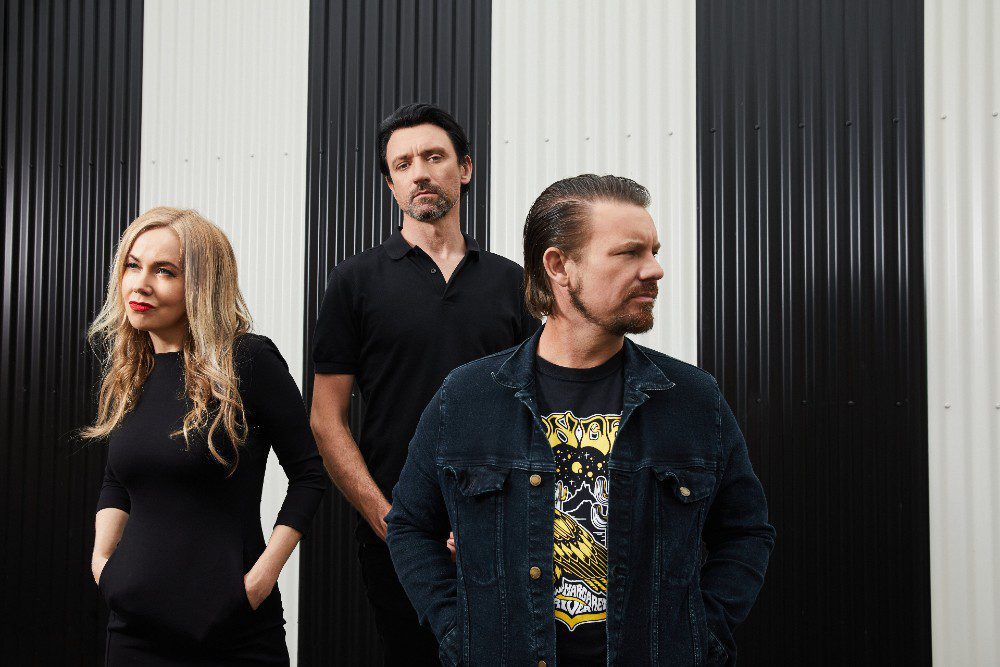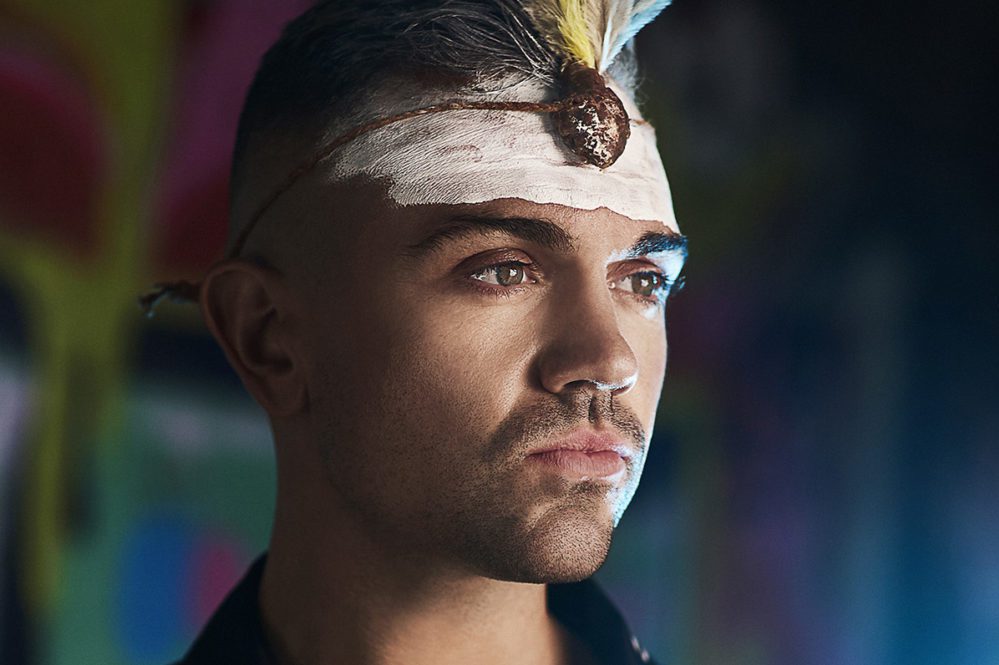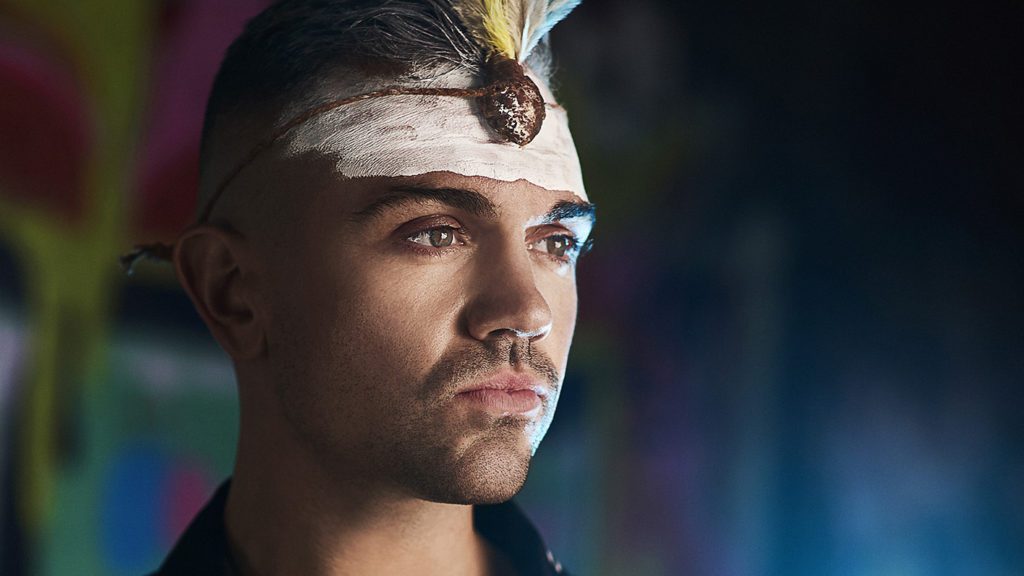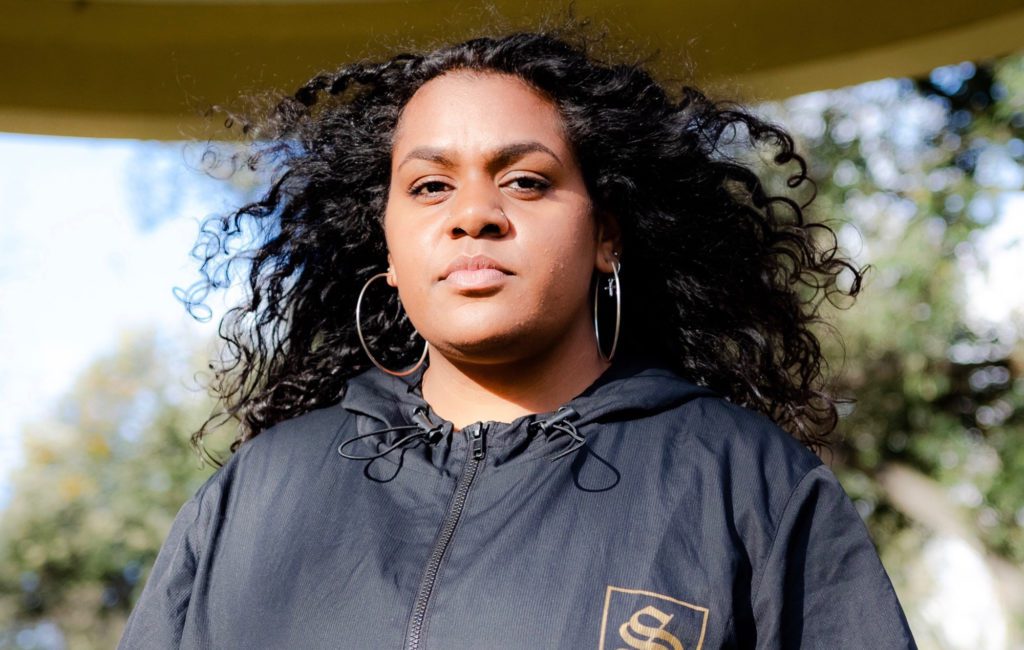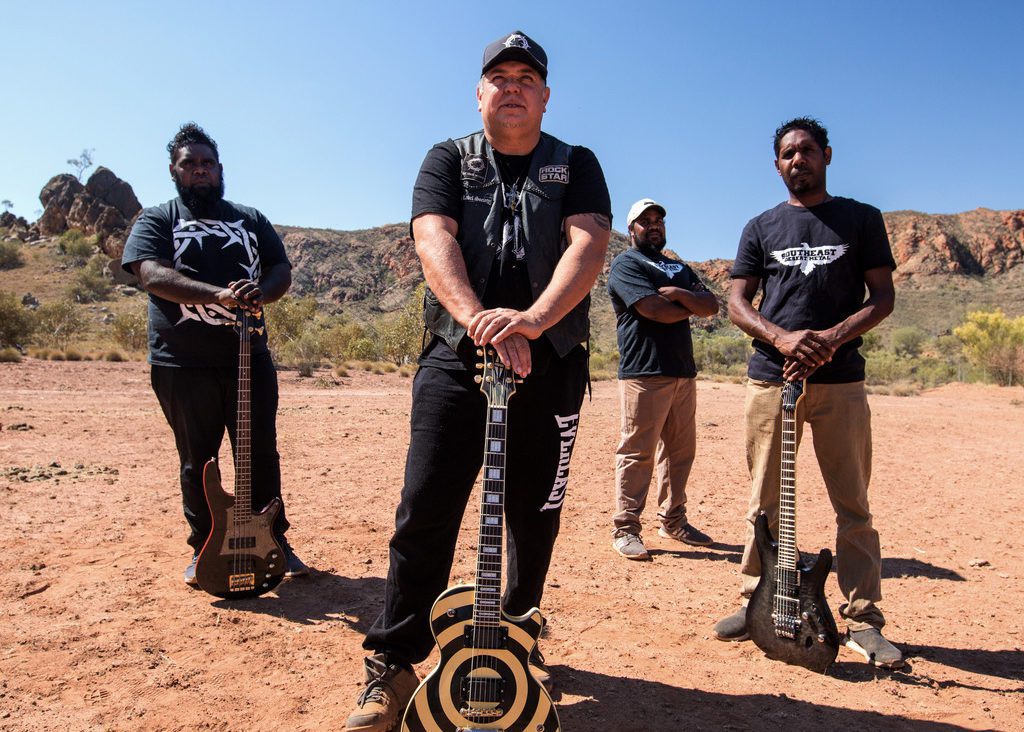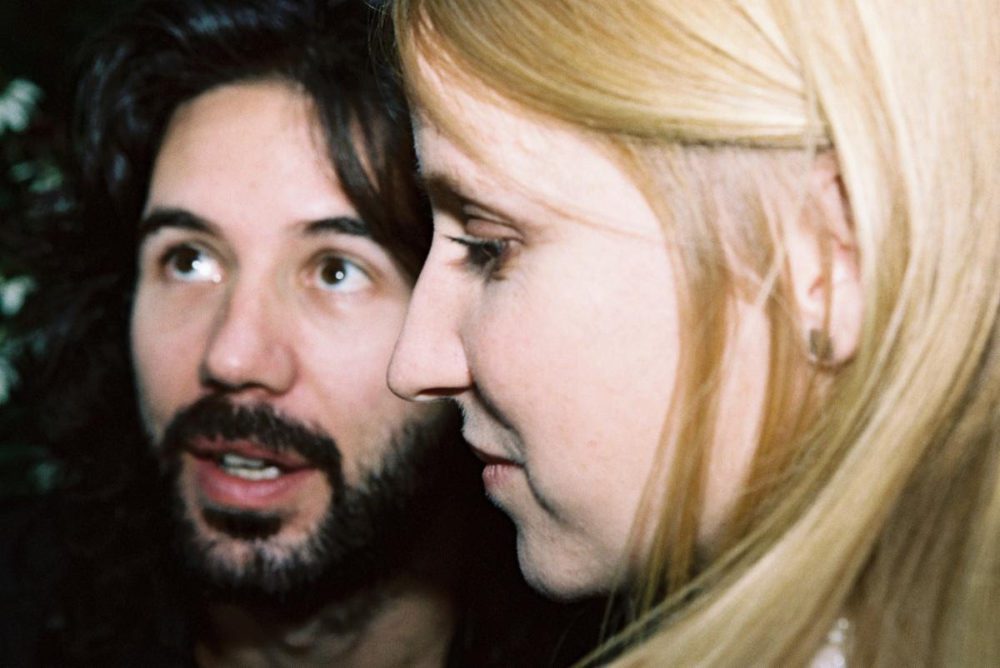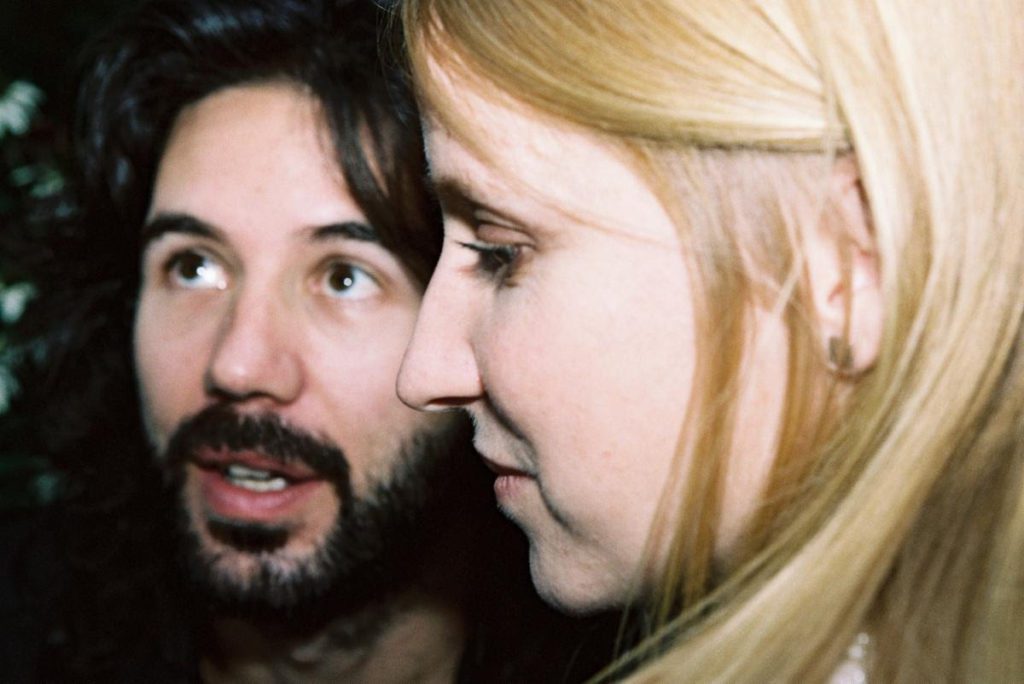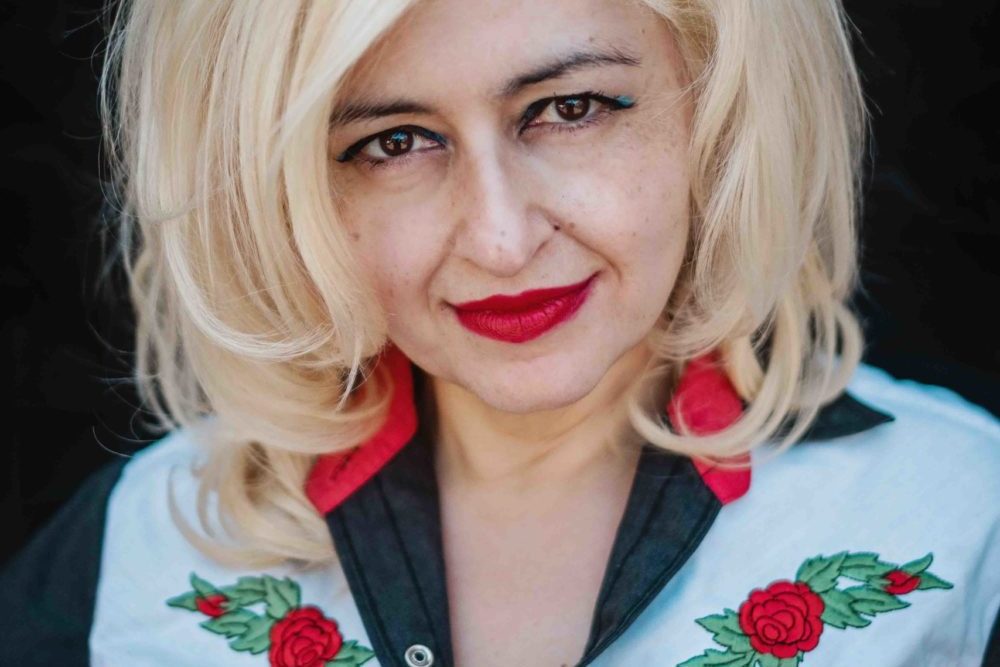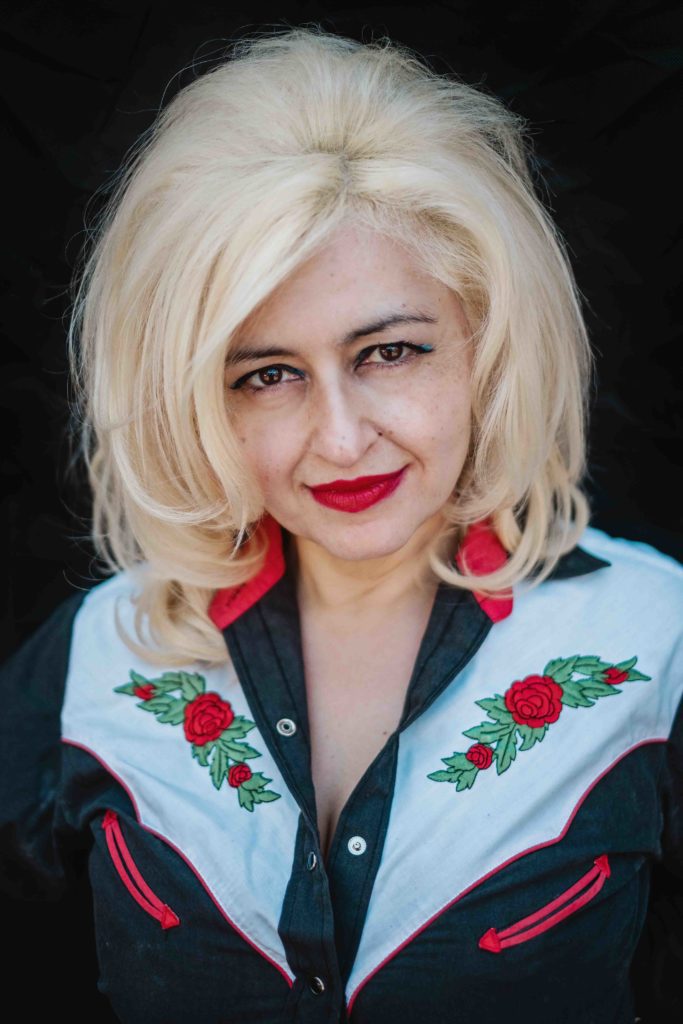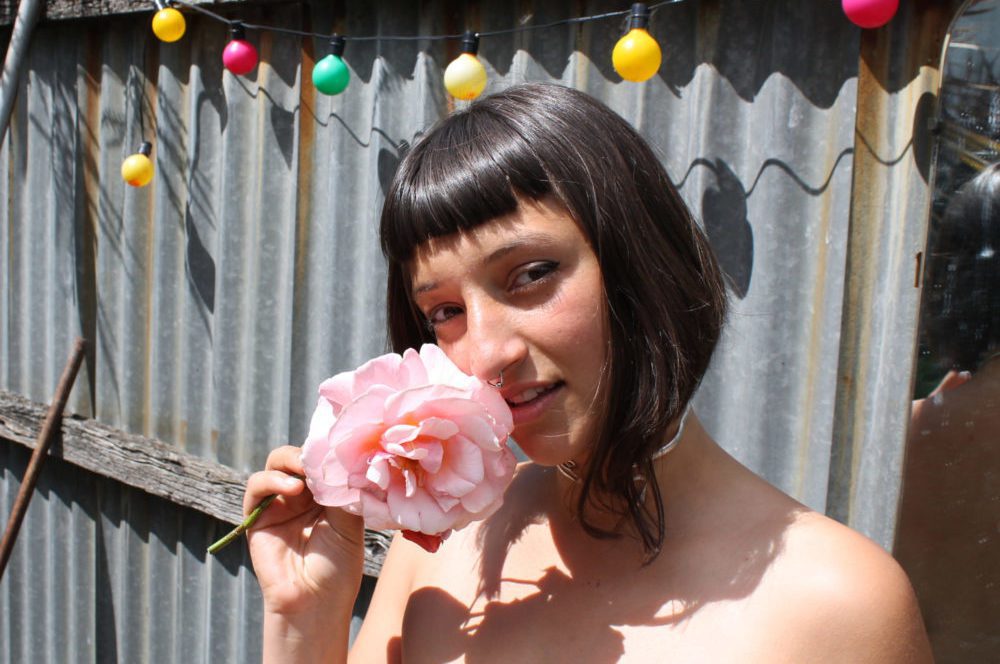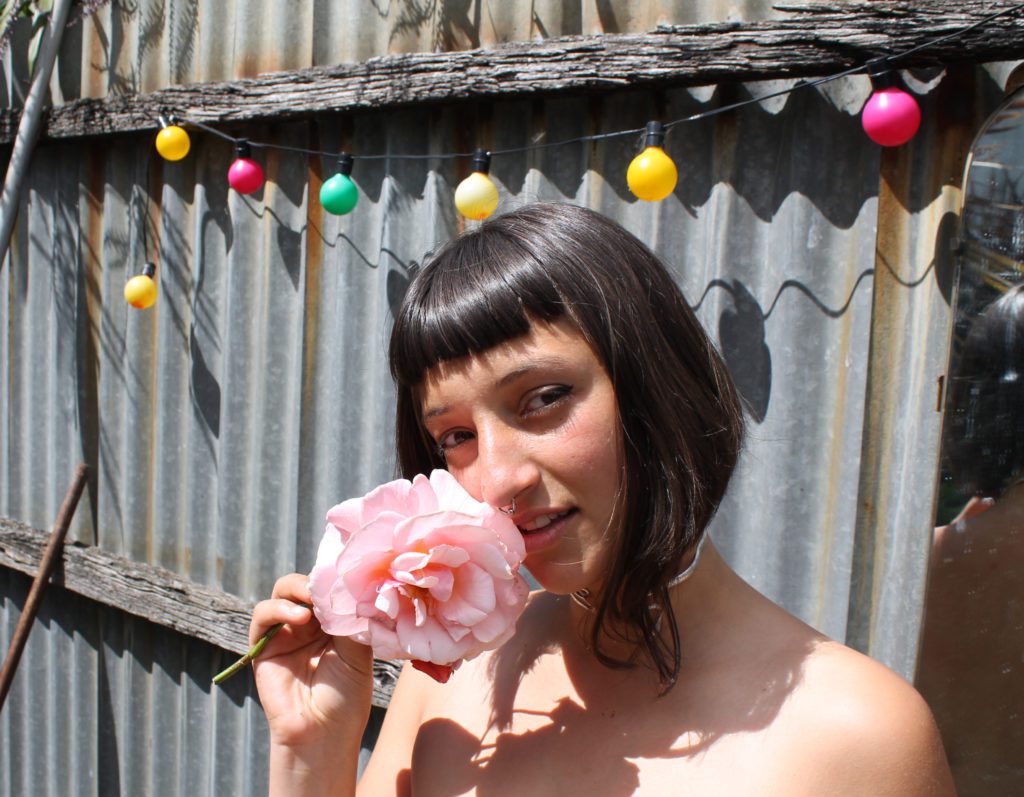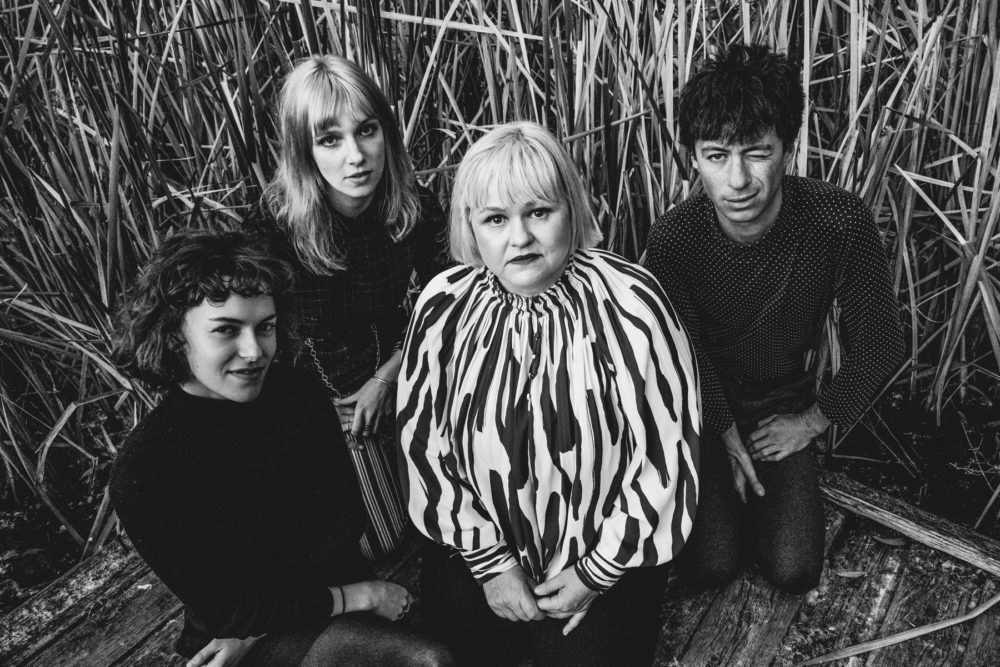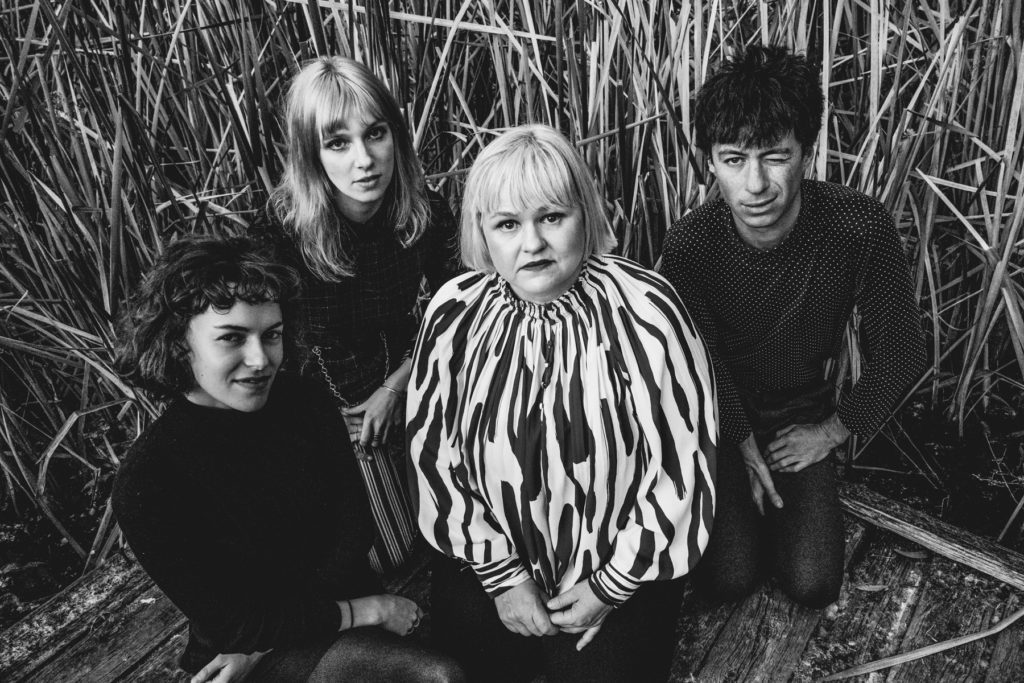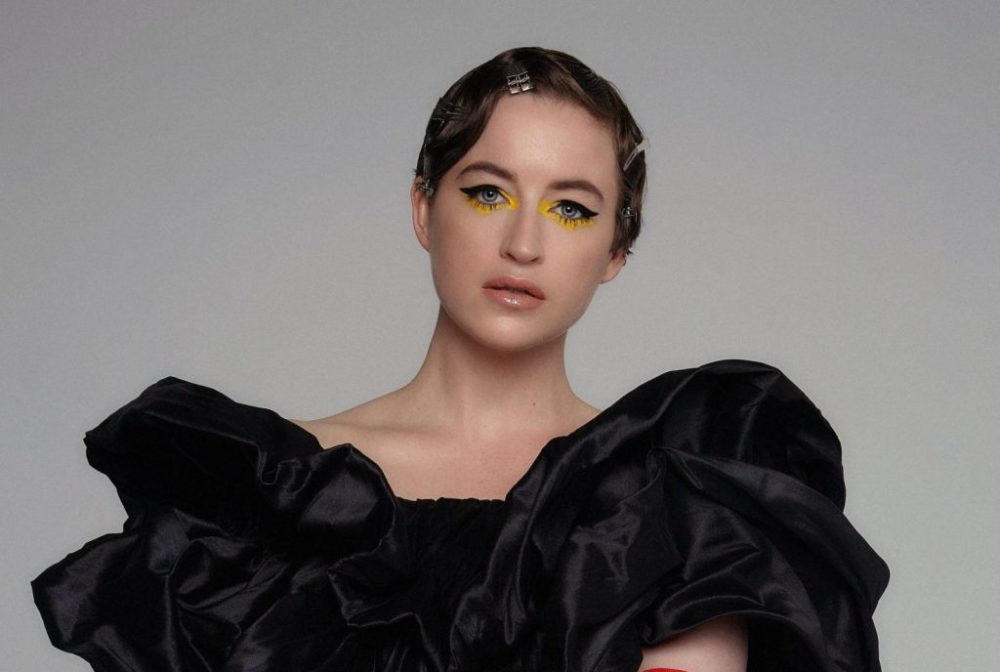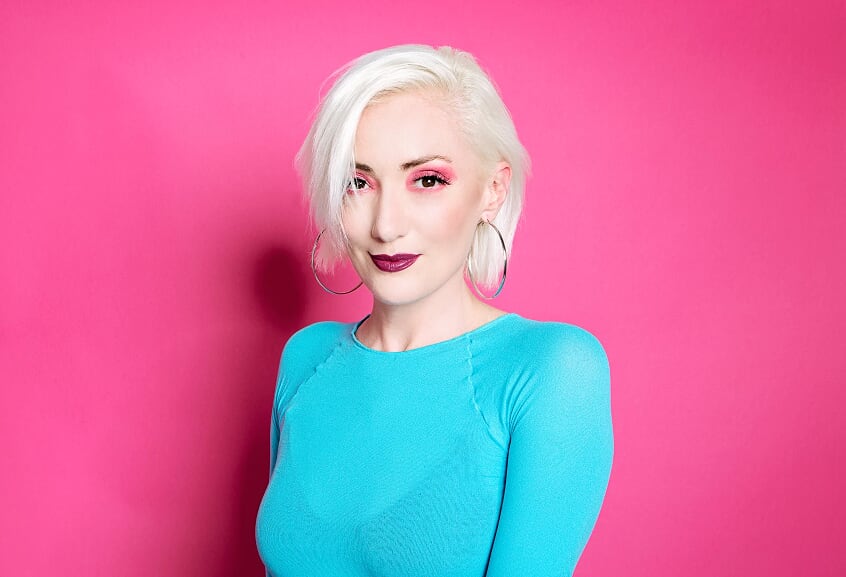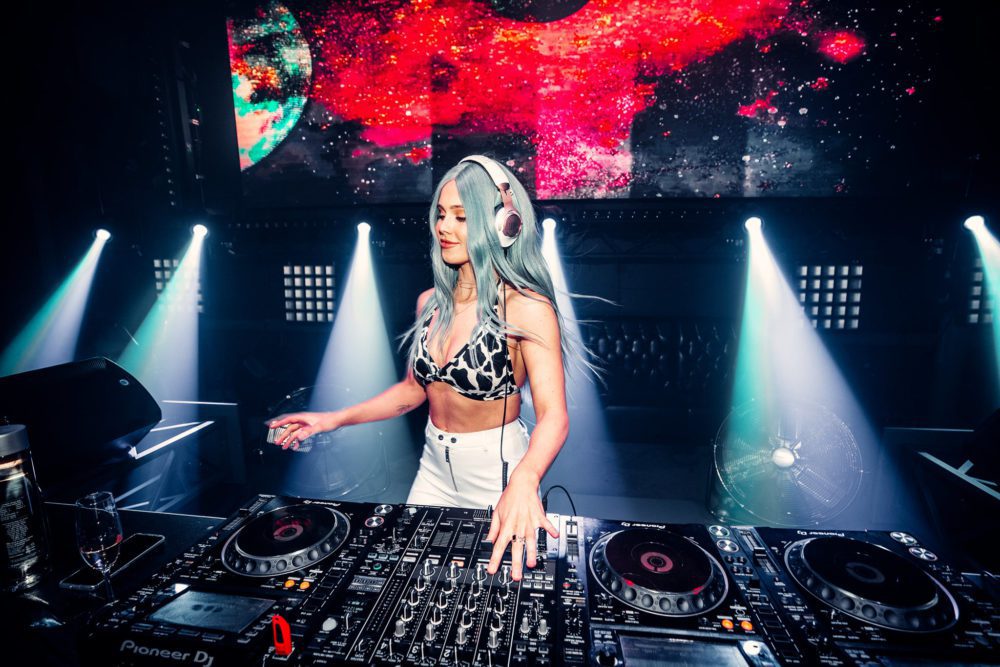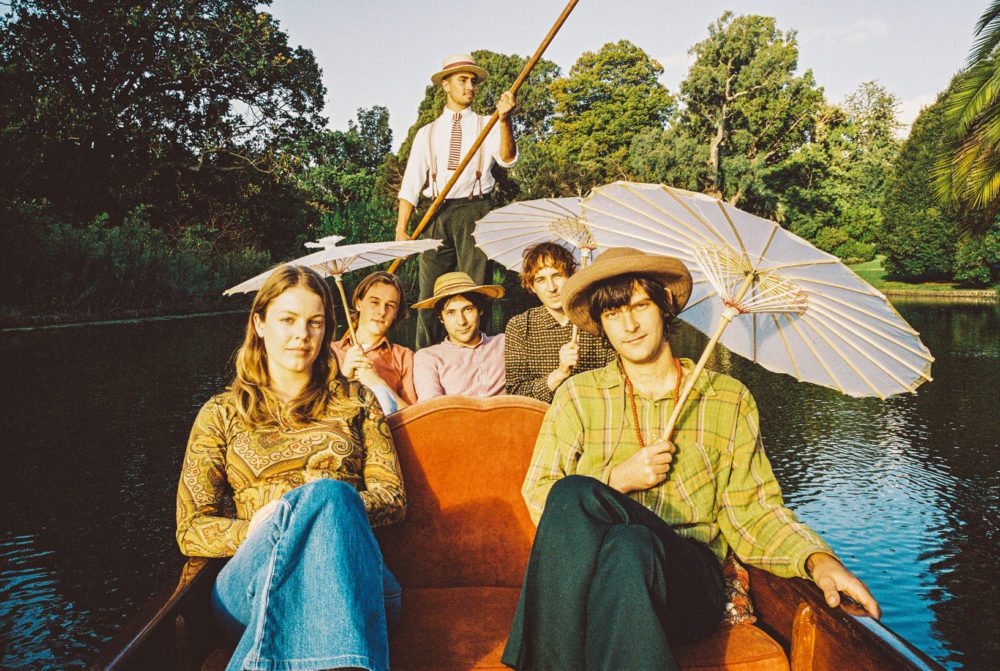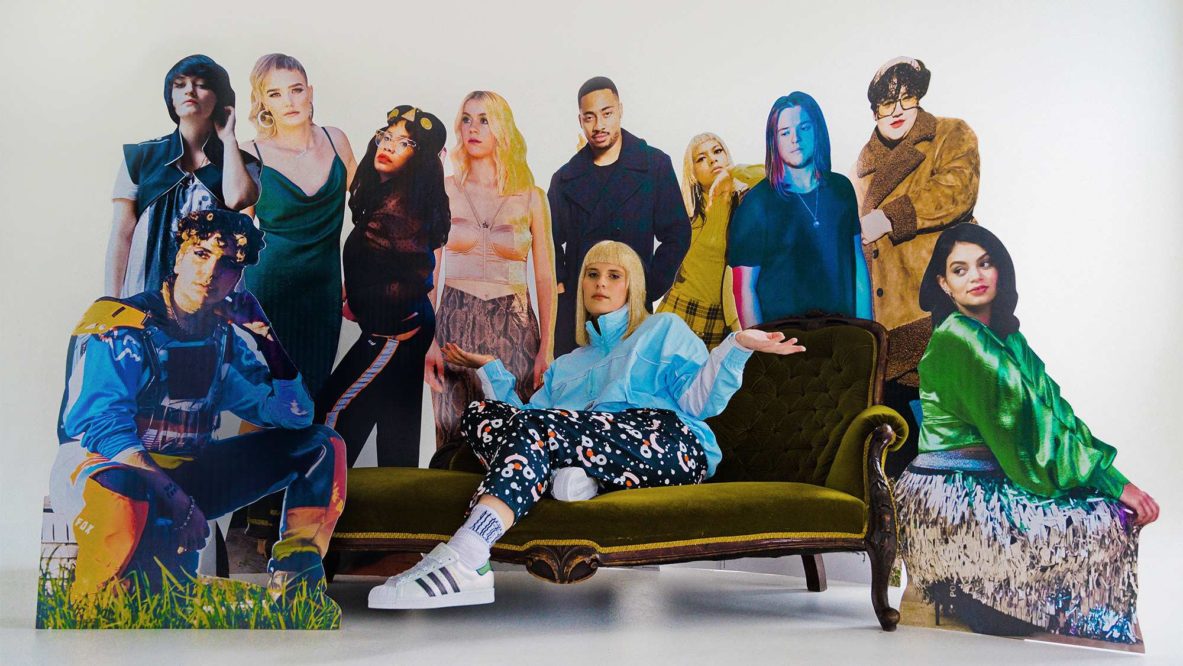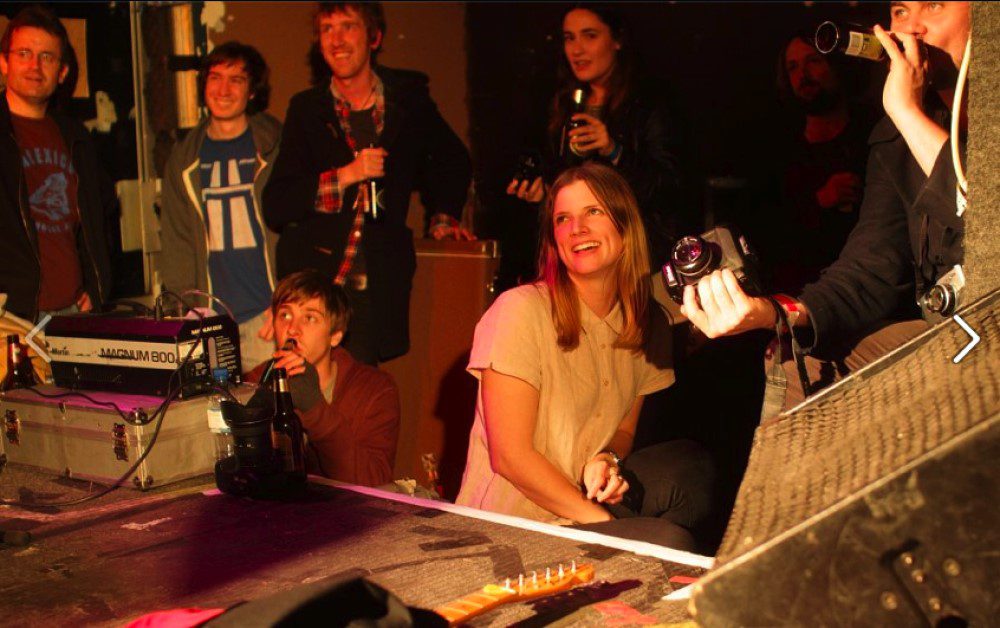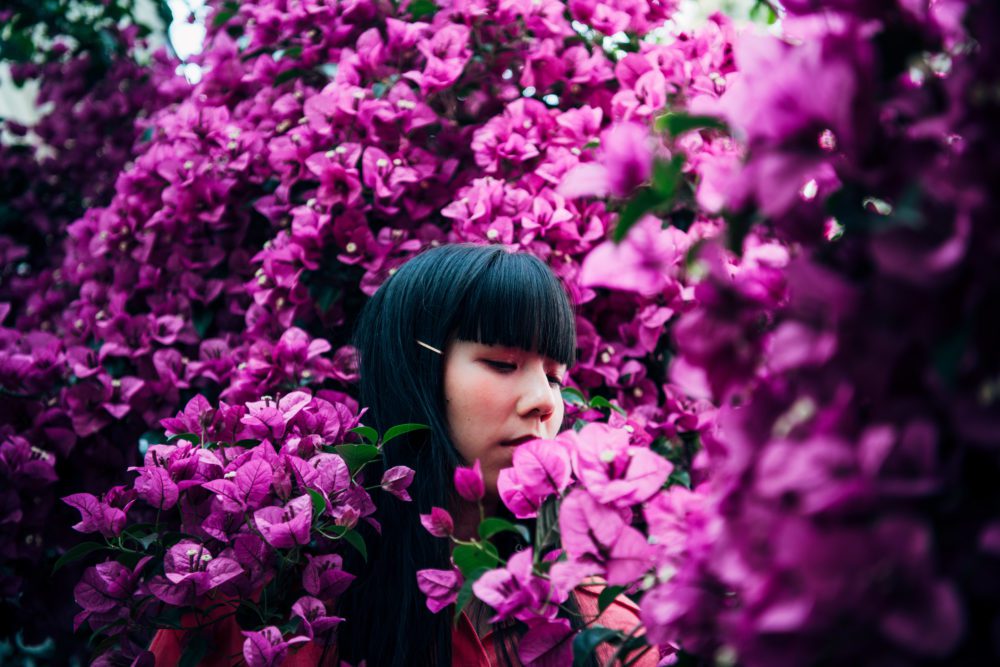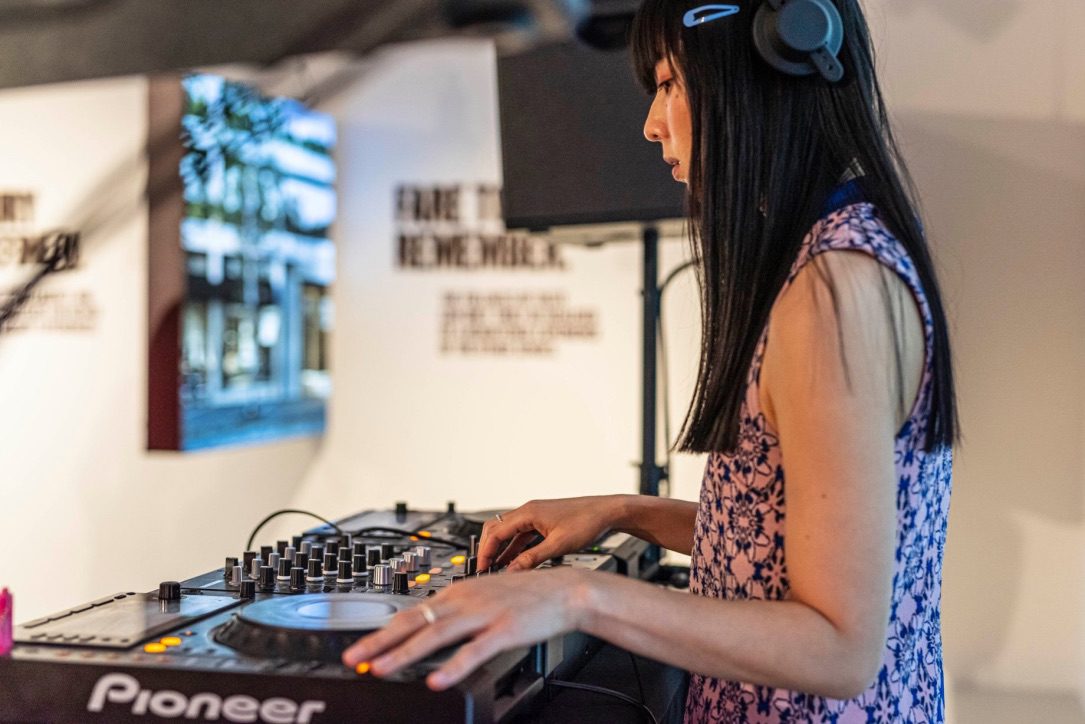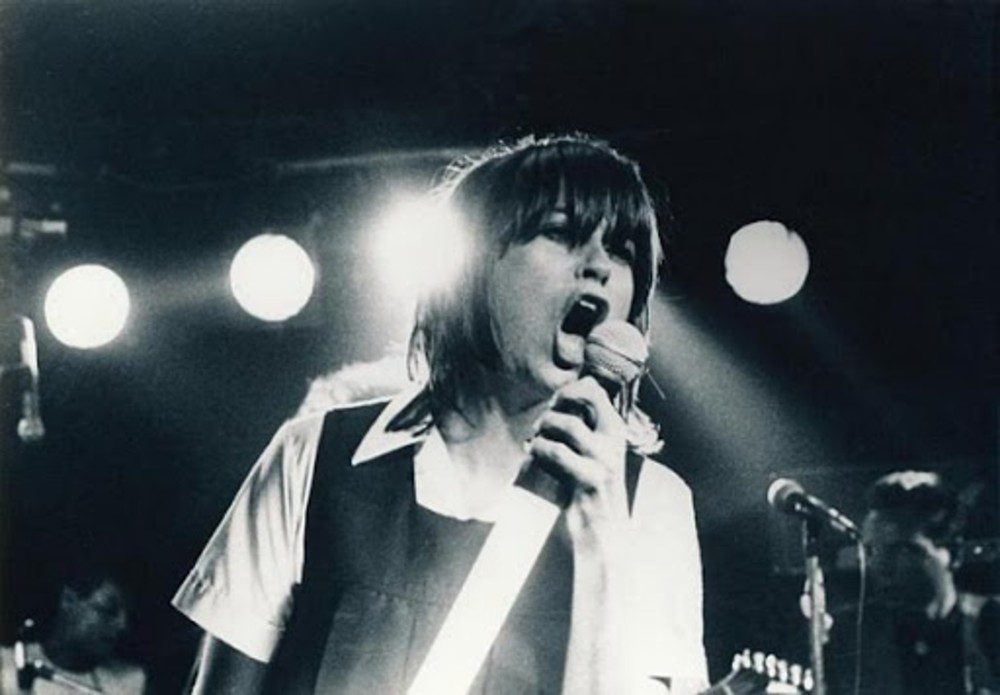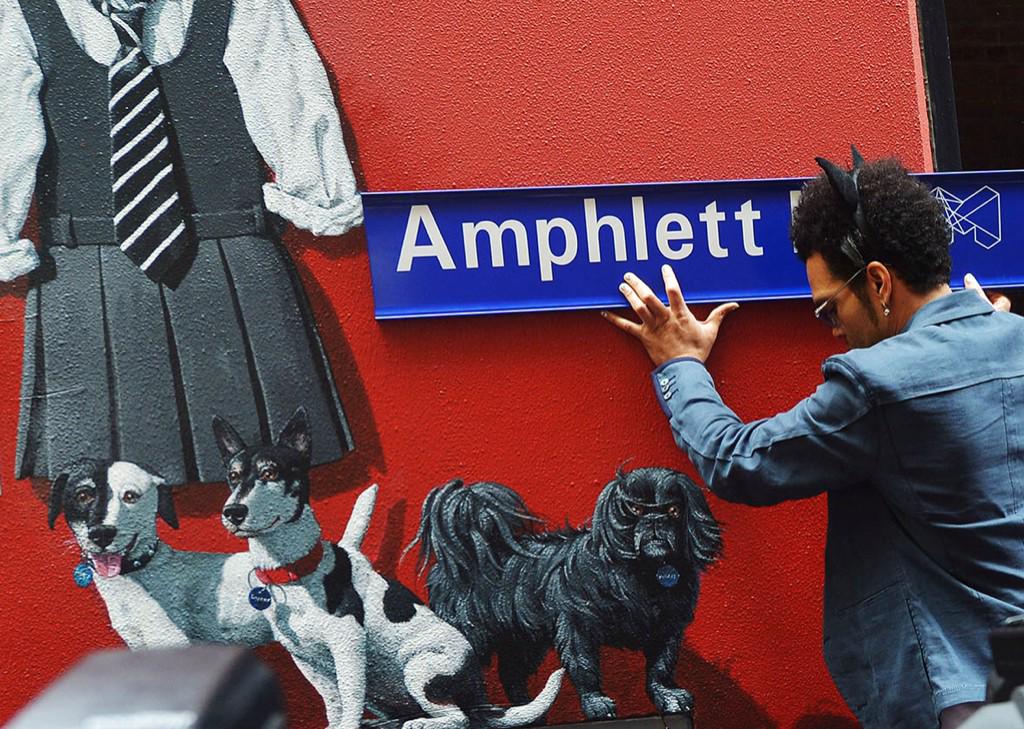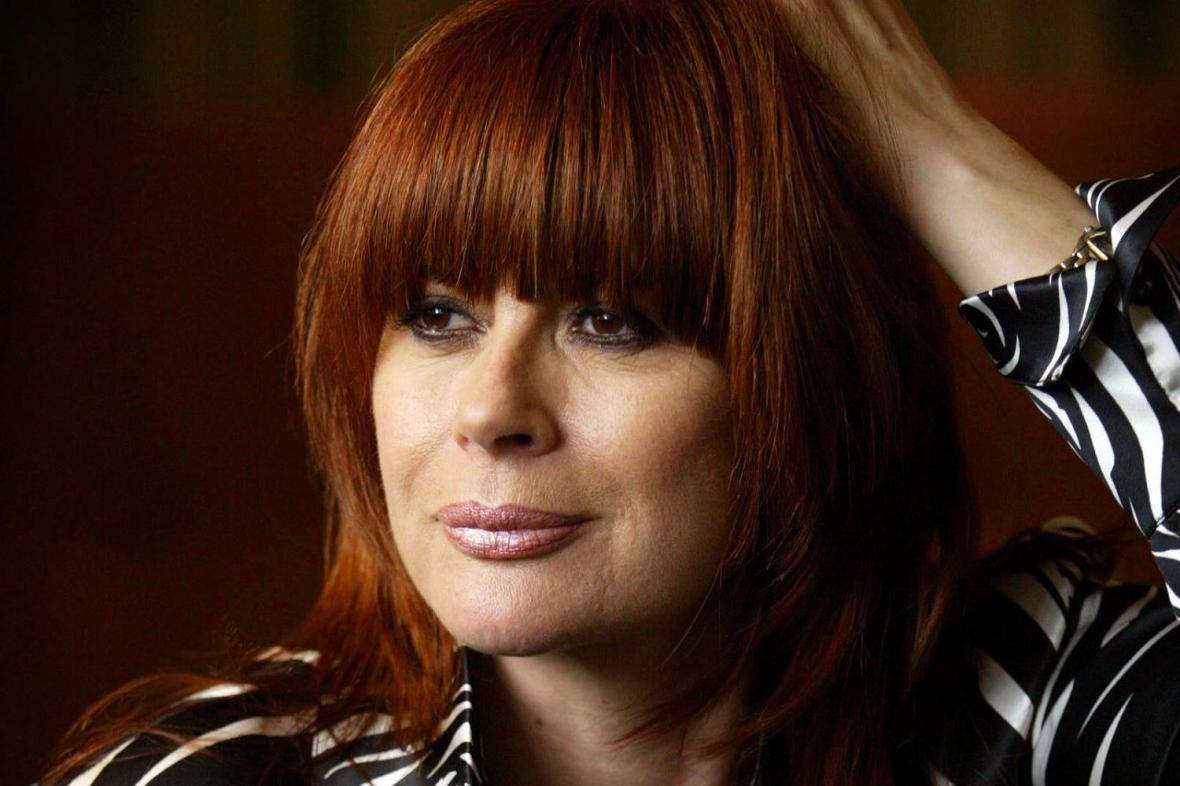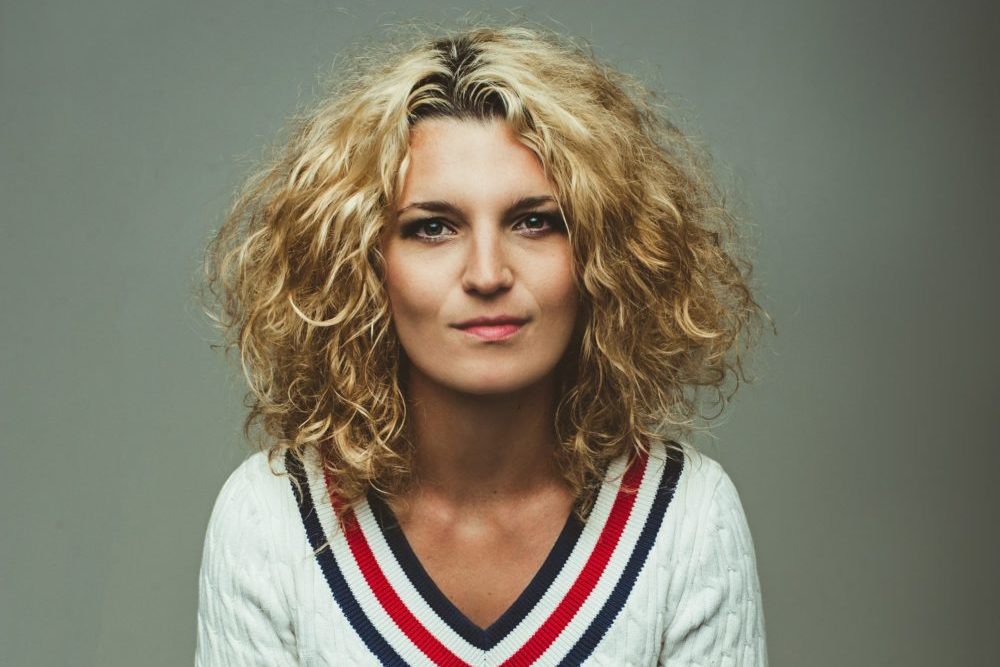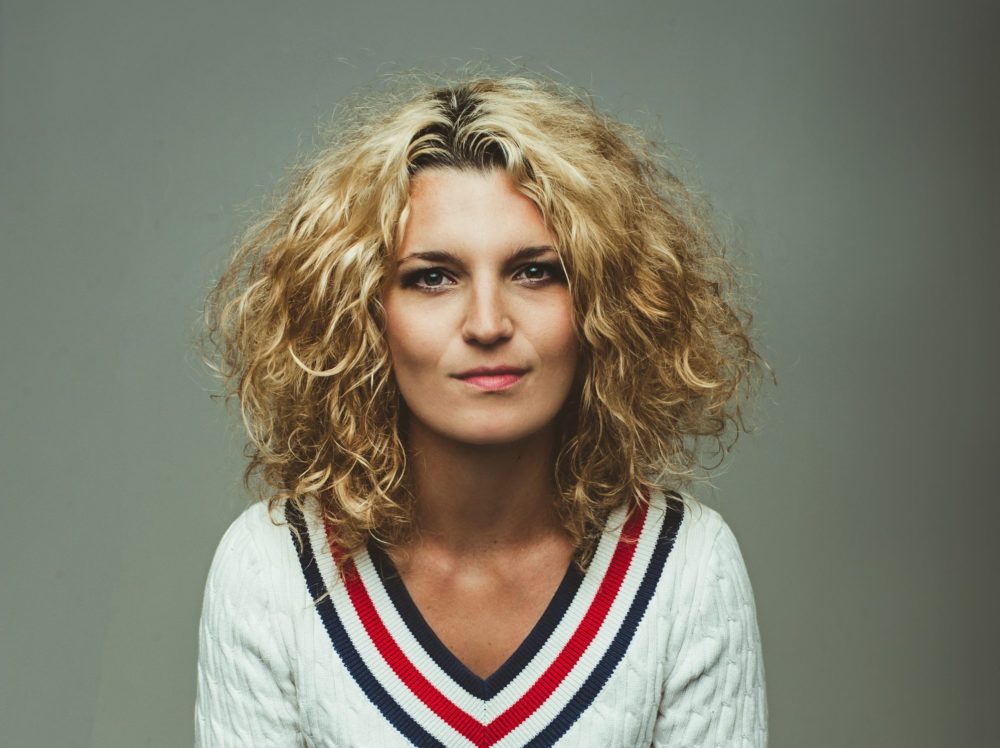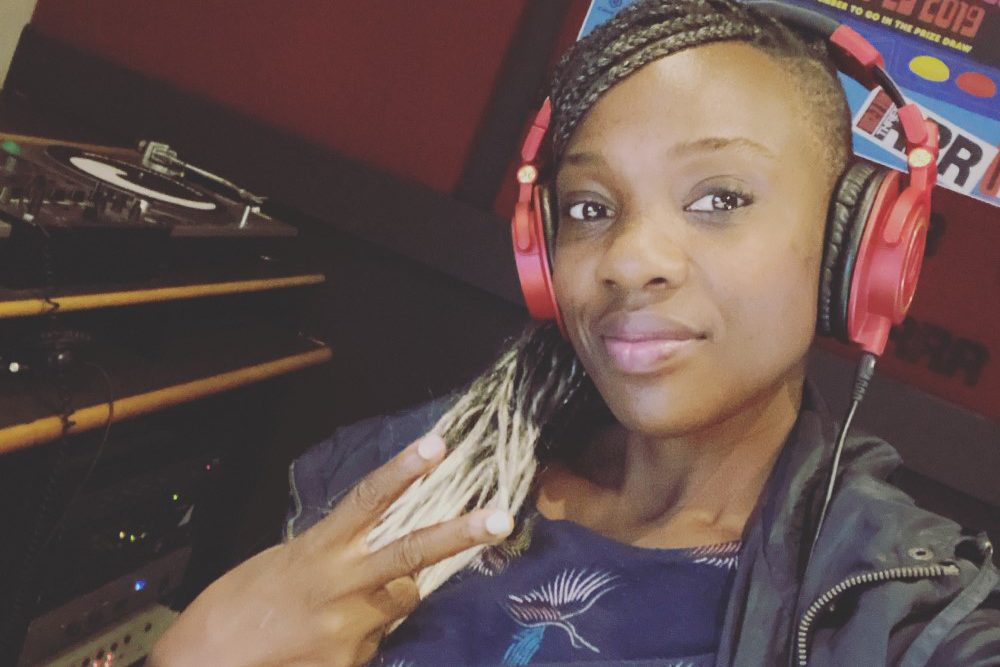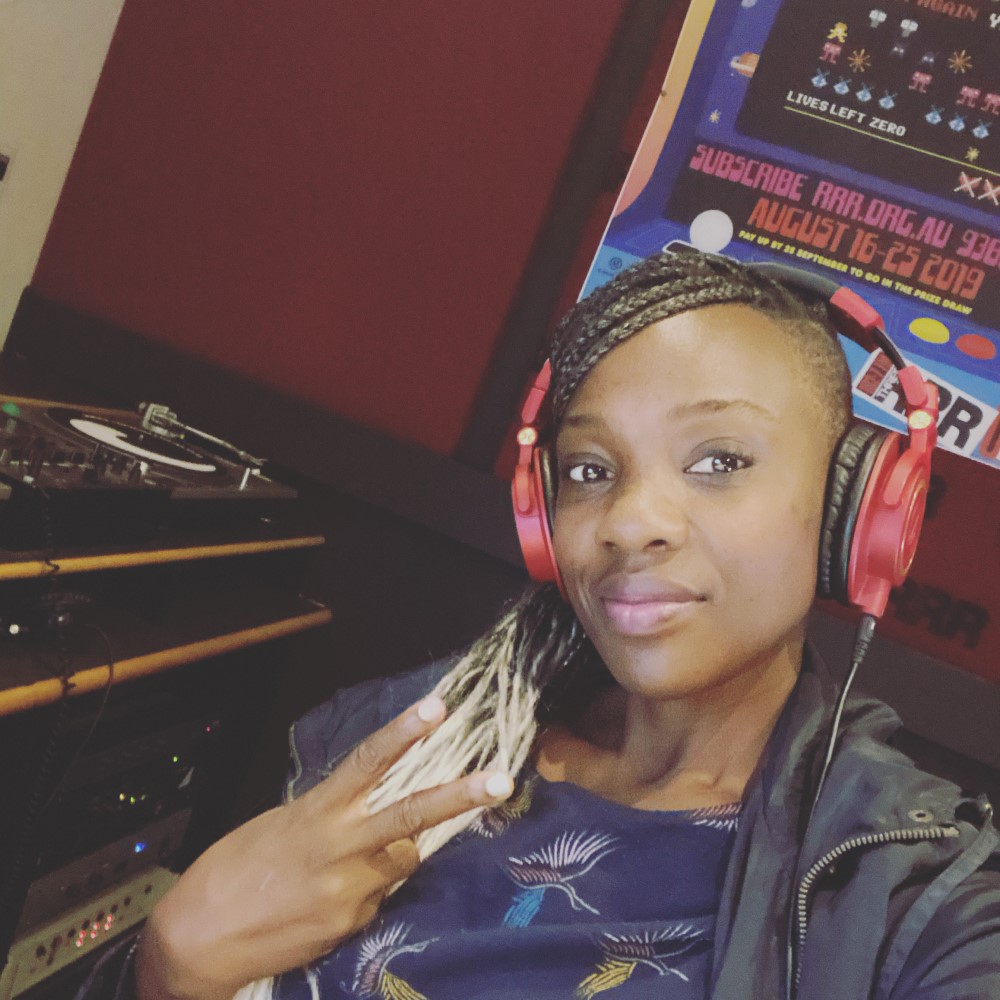Denise Hylands Introduces Listeners To The Dark Side of Country on 3RRR’s Twang
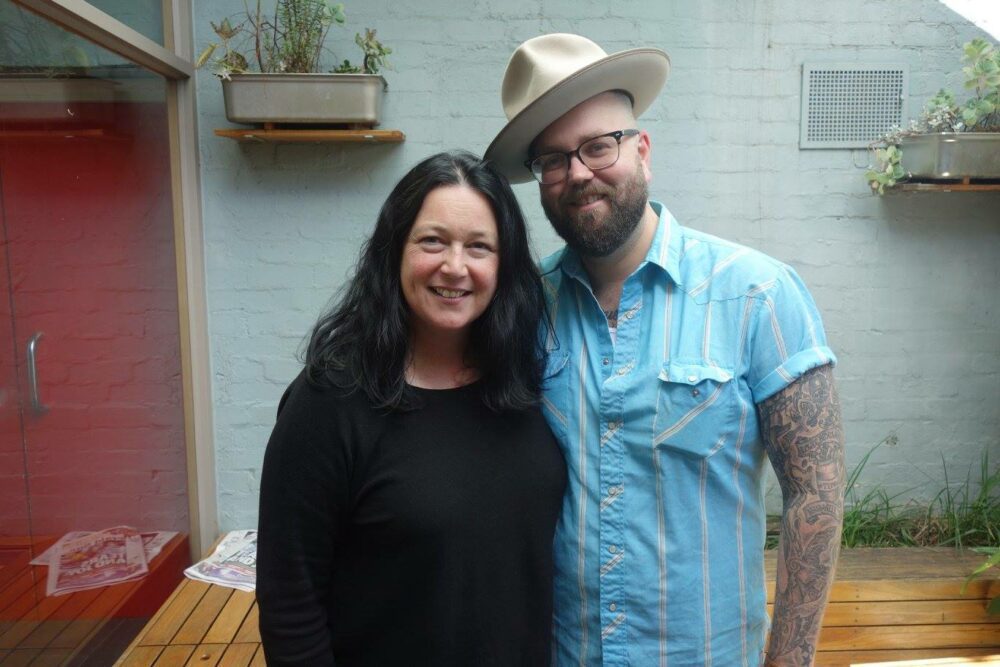
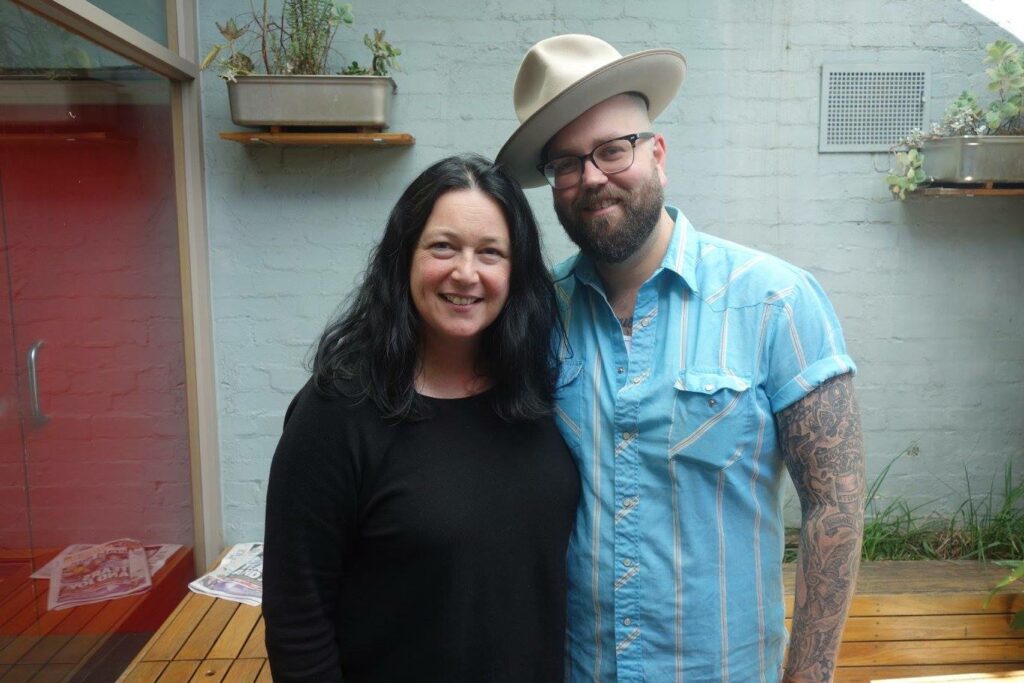
Every Saturday afternoon, driving home from teaching a Pilates class, I’d hit the freeway right as the theme song for Twang introduced Denise Hylands’ regular 2-hour country music show on 3RRR. I have to admit, I’ve never been a fan of country music, but there’s something contagious about Hylands’ pure passion and knowledge. I never change the dial, never even consider it. Whether it’s a rarity from the ‘50s, or a recent release by an Australian country music artist, Hylands treats every song and artist with so much respect. She’s been in the game long enough that if she didn’t love it, there’d be no point doing this.
“I’m usually the one doing the interviews!” Hylands tells Audiofemme. “I always just want to make people feel comfortable – in fact I just think of it like a chat, a conversation. I love talking to people, getting their story, finding out where they come from so that listeners get the full story.”
Hylands applied to 3RRR as an administrative assistant shortly after completing high school in 1983; landing the job eventually led to doing graveyard shifts and filling in for absent presenters. She presented her first regular 3RRR show in 1984, the Selection Show on Sunday afternoons, showcasing new releases. She was also part of the Breakfasters lineup, a show which still kickstarts many Melbournian’s mornings.
“I was already at 3RRR from 1984 when I was 18, and I did shows for 12 years then approached the program manager and proposed an idea for a country show,” explains Hylands. “There was already High In The Saddle, but I wanted to show off more alternative country, less mainstream. So, I started Twang on Monday nights in 1996 from 10 to 12pm. I did it for a year and by the year end, I was given Saturday afternoons, which I’ve done for the past 24 years. I loved that first year,” says Hylands, then adds with a juicy laugh: “The amount of people who complained!”
Recent episodes of Twang have offered interviews with Calexico, Tracy McNeil, Marlon Williams, Charley Crockett, Slim Dusty’s grandson and a tribute to the late, great, troubled troubadour, Justin Townes Earle and the legendary John Prine.
Hylands raves about McNeil and Dan Parsons, both of whom are performing in Melbourne in May. “Tracy turned up nearly ten years ago from Canada,” Hylands recalls. “She was hanging out with Jordie Lane. He’d recorded an EP in his bedroom and I really liked it, then Tracy had given me a CD when I was hanging out with Jordie and I loved what she was doing. She’s a really great songwriter, and every album she gets better and better. I was lucky to have her and Dan Parsons come to my house and do a concert there. I have an old church in the country and it was just like, wow.”
Hylands prides herself on introducing people to “the dark side” of country music. “That whole alternative country scene, that whole Americana thing which started around 1995/1996 in terms of music charts, has gone a bit crazy, and I’d like to think I’ve had a hand in this,” she says. “With country music, so many people like Hank Williams and Johnny Cash, but they say they don’t love country music.” Hylands has nailed me as a listener; maybe it’s time I re-evaluate my stance.
When she’s not interviewing on air, Hylands writes reviews and stories for both Rhythms and Stack magazines. It turns out we’ve both reviewed Loretta Lynn’s 50th album.
“When she hooked up with Jack White, I love that she found new people to work with. Even hooking up with Margo Price – I love seeing her with these younger, strong female artists,” Hylands raves. “The last few albums, she brings up different versions of songs she released so many years ago. These are songs that have to be heard. She was a forerunner who spoke up on women’s rights and women’s issues, I mean she spoke about the pill and got banned on the radio. She’s an incredible woman. Her and Wanda Jackson.”
In fact, Jackson is one of Hylands’ favourite international interviews. “Wanda Jackson is in the league of Loretta Lynn, right? She was the queen of rockabilly. She dated Elvis Presley who convinced her to move from country toward rock ‘n’ roll,” says Hylands. “I’ve done two really long interviews with her. I love Wanda Jackson! She’s in her eighties now, and she calls out to her husband during the interviews, Wendell, sitting in the background.”
Jackson also interviewed another royal in the country world, Dolly Parton. “I spoke to her about her biography, and originally wanting to be a bluegrass singer,” she remembers. “I only had ten minutes, so I had to get her engaged. I talked to her about her music and her charity work, and she was just so gorgeous, so appreciative. I also spoke to Porter Wagoner once, and she wrote ‘I Will Always Love You’ about him. Talking to someone so legendary, those kind of interviews are so fantastic.”
Legends are one thing, but Hylands also has a knack for recognizing the legends of the future, like the “extremely good looking” Charley Crockett. He started out as a busker in New Orleans; now he’s released at least half a dozen albums. Plus, “he can wear a cardigan like nobody’s business,” says Hylands. “I was meant to be his tour manager but he had open heart surgery months before the tour was meant to start.”
Hylands has over 25 years of brilliant stories and has made lifelong friends with many artists, including Gillian Welch and Dave Rawlings. “They open their mouths and play guitar, and you just go, ‘oh my god’.” She also goes way back with previous Audiofemme subject and fellow 3RRR alumni, Mary Mihelakos; they’ve known each other since they were teens. “She was hanging around, this incredibly enthusiastic young girl obsessed with music,” Hylands says, whole-heartedly agreeing with Mihelakos’ recent induction into the Melbourne Hall of Fame. “If you’re gonna give an award to someone, give that girl some acknowledgement.”
Hylands can’t have guests for the time being due to COVID-19. But on the horizon, Hylands is very excited about the new album from Southern Culture on the Skids, who are responsible for the Twang theme, and loves being introduced to new albums by the up-and-coming indie artists managed by her friends in the States. She says, “My excitement is discovering new music every week.”
We know how she feels – perhaps that’s what keeps us coming back to Twang.
International listeners can tune in to Twang live or listen back via the 3RRR website.

